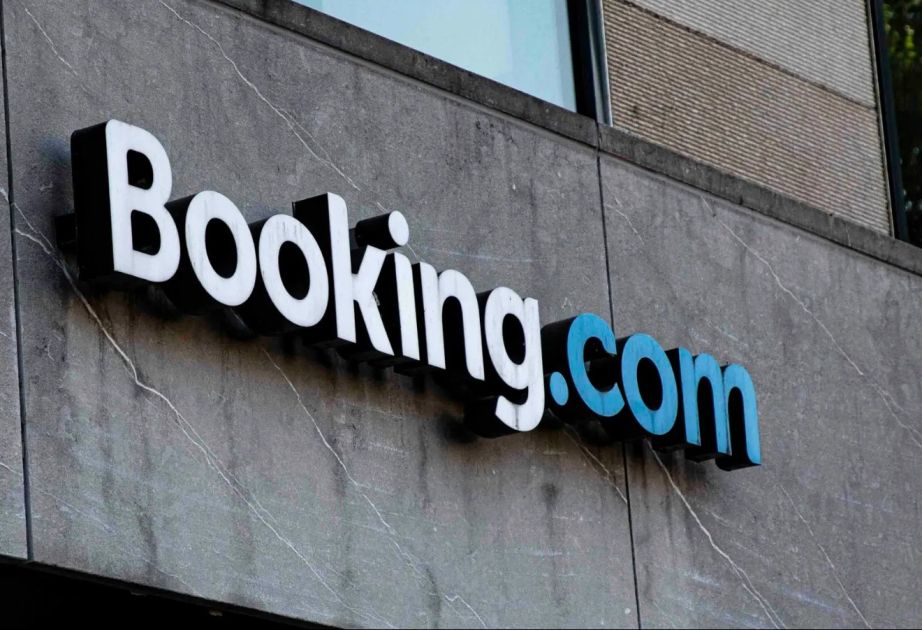By Alimat Aliyeva
Booking.com, the world’s leading online travel platform, is
currently facing one of the largest class-action lawsuits in the
history of the tourism industry, Azernews
reports.
More than 10,000 hotels across various European countries have
joined forces to file a lawsuit against Booking.com. These hotel
representatives are seeking compensation for what they describe as
unfair terms and excessive commission fees imposed over the past 20
years. The dispute centers on a landmark decision made by the
European Court of Justice in the fall of 2024. The court ruled that
Booking.com’s “best price” clauses—which prevented hotels from
offering lower rates on their own websites or through other
channels—violated European competition laws. These restrictions
severely limited hotels’ freedom to set their own prices and led to
a significant decline in direct bookings. The plaintiffs claim that
between 2004 and 2024, they incurred financial losses amounting to
millions of euros due to these practices.
The ongoing class-action lawsuit is being handled in the
Netherlands, where Booking.com is registered, and is coordinated by
the Hotel Claims Review Alliance. The lawsuit is supported by
HOTREC, the European association representing hotels, restaurants,
and cafés, as well as over 30 national hotel associations,
including the German Hotel Association (IHA). To accommodate more
participants, HOTREC has extended the deadline for hotels wishing
to join the lawsuit until August 29.
Despite this legal challenge, Booking.com remains a crucial
sales channel for many hotels, helping them reach millions of
travelers worldwide. According to recent studies, Booking Holdings,
the parent company of Booking.com, held a dominant market share of
71% in Europe and 72.3% in Germany in 2023. Meanwhile, the share of
direct bookings in Germany declined by 8% during the same period,
further increasing hotels’ reliance on online travel agencies.
It’s worth noting that while platforms like Booking.com have
revolutionized the global travel industry by offering unprecedented
reach and convenience, some industry experts argue that the golden
age of such platforms may be nearing its end. With growing calls
for fairer pricing practices and the rising popularity of direct
booking incentives, the travel landscape is poised for significant
change.
